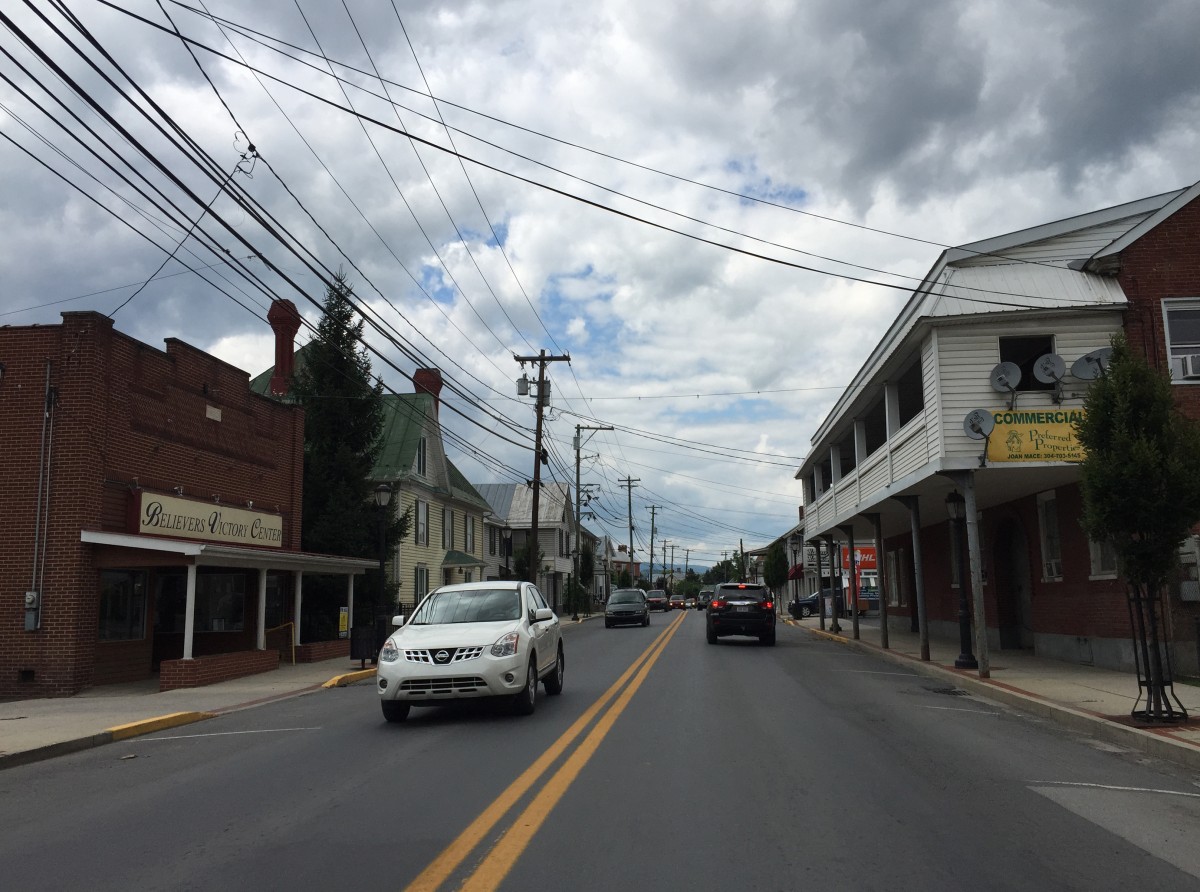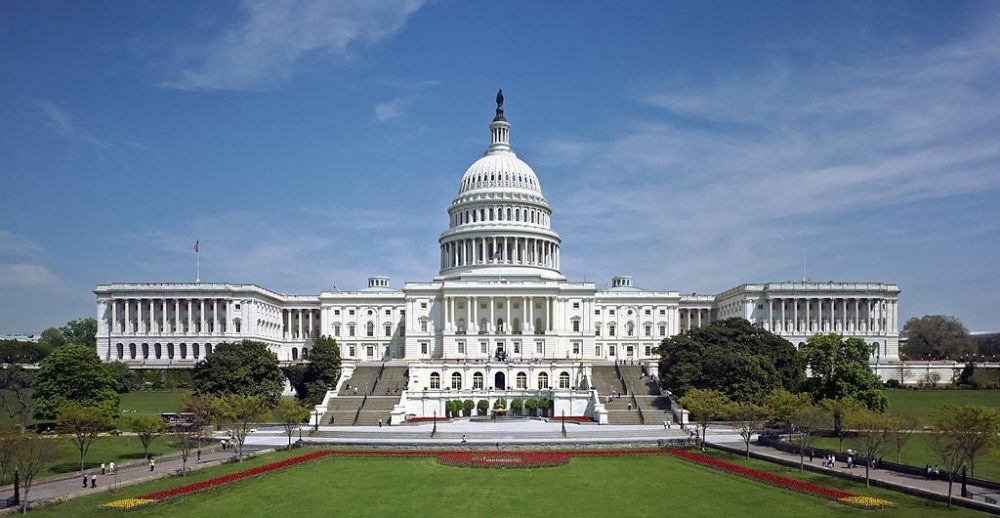Not far from Fayetteville, North Carolina, in a part of the state many know only from driving through on their way to Wilmington or Myrtle Beach, sits Raeford, a little town in Hoke County where life once centered around agriculture and manufacturing. Those sectors employed fewer and fewer people over the last quarter of the twentieth century. By the 1990s “The only thing left was a little bit of Burlington Mills,” says Kathleen Leandro of a textile plant in the town. “That was about it as a tax base.”
Kathleen and her husband relocated to Raeford from nearby Ft. Bragg when he retired from the military after Vietnam. That’s where they raised their two sons, Scott and Robb, making sacrifices to support their kids’ education when school resources fell short. “We didn’t have a big middle-class to pull from,” says Kathleen of Raeford. “There were hard-working families but that didn’t bring a lot of money into the schools.”
That meant that the kids in the Hoke County school district didn’t get the same education as peers in different counties. “We would watch other schools perform labs via the internet, and think this was super cool and advanced,” Robb says, remembering his AP Chemistry and Biology classes in high school. “After I got into college I started realizing that wasn’t cool, that was ridiculous. I should have been doing those labs.”
While still in high school, Robb Leandro became a plaintiff in a landmark case challenging the sort of education inequality he experienced. More than 20 years later, Leandro v. State is still playing out, and it still has the potential to change the course of education in North Carolina, and the United States.

Children have a constitutional right to receive a “sound basic education,” ruled Chief Justice Burley Mitchell of the North Carolina Supreme Court in 1997, three years after school districts in five low-wealth counties, including Hoke, filed the first complaint in Leandro. Mitchell found that in the state’s poorest counties there were, “inadequate school facilities with insufficient space, poor lighting, leaking roofs, erratic heating and air conditioning, peeling paint, cracked plaster, and rusting exposed pipes.”
Books and technologies were outdated, poorer districts couldn’t compete for the best teachers, and a hiring disadvantage led to larger class sizes. The plaintiffs alleged that test scores reflected the inadequacy and showed that “the great majority of students” were failing basic subjects such as science, English and math. Mitchell asserted that, regardless of where they’re born or what they’re parents do for a living, each child has the right to be educated.
But, what does that require? And, how do we pay for it? That’s been the subject of endless litigation and superior court findings after the case was sent back down to the trial court level. Meanwhile, the student-plaintiffs grew up and had children of their own, and the judges retired. The case got lost in the news as gerrymandered maps and bathroom bills dominated headlines.
Then, last year on July 24––twenty-years to the day after Justice Mitchell issued his opinion––the parties filed a joint-motion requesting the appointment of an independent consultant, and recommendations to make Leandro’s promise a reality.
Due next March, the consultant’s report, and the work of a commission appointed by the governor could become a court order impacting thousands of school children across North Carolina. That would finally bring closure to the lawyers and families who’ve spent more than two decades of their lives waiting to make a difference.

Robb Leandro was a talented student and his family was constantly involved in school activities, helping to fill the gaps where the school system wasn’t able to provide resources. “We didn’t have but one activity bus in the whole county,” says Kathleen, who regularly loaded students into the Leandro van to attend science fairs.
Because Robb stood out as a star student (he would graduate as valedictorian and go on to play football at Duke Univeristy) he was approached by the county’s superintendent of schools Bill Harrison, who attended church with the family. Harrison was looking for a student to serve as the lead plaintiff in a lawsuit that an attorney named Gerry Hancock was putting together.
Hancock was a lawyer for the Low Wealth Schools Consortium, an organization of local school-systems from impoverished areas of the state. In 1993, Hancock had convinced Harrison and the school superintendents in four other counties to sue the state for failing to meet its obligation to students.
“Some children come to school from well-educated or privileged families and they’re well on their way,” says Hancock, who is still involved in the case. “Other children don’t have those advantages…When people suffer for a long period of time and their schools don’t have as many courses, and they have trouble paying teachers, they realize their system offers less opportunity.”
“That caused the lawsuit to be filed,” he explained.
This piece was originally published in Scalawag, which amplifies the voices of activists, artists, and writers reckoning with the South. You can read the original here.



